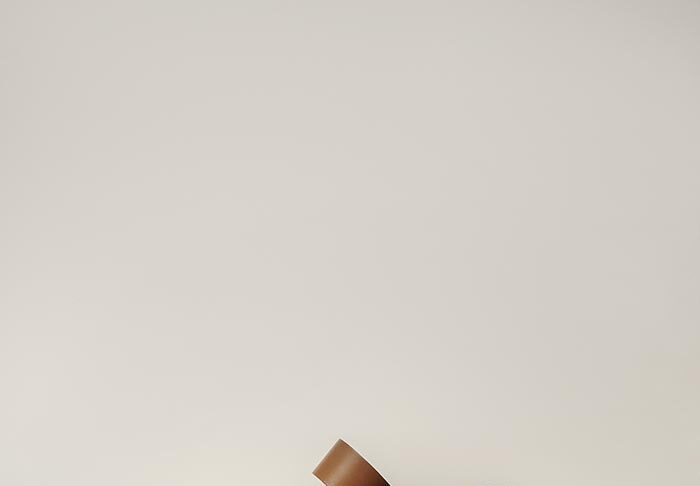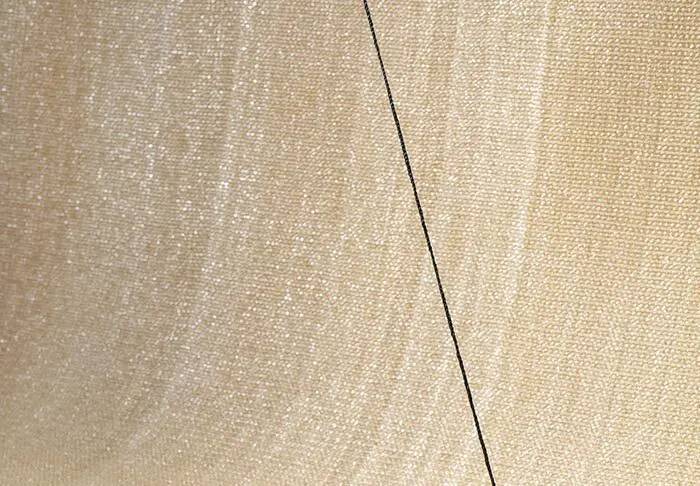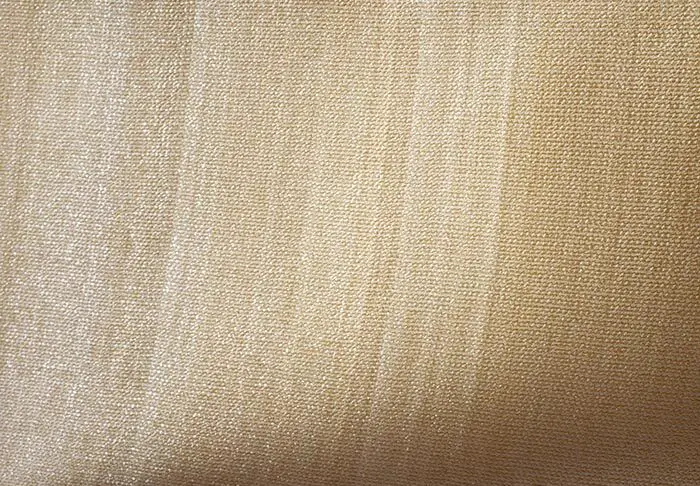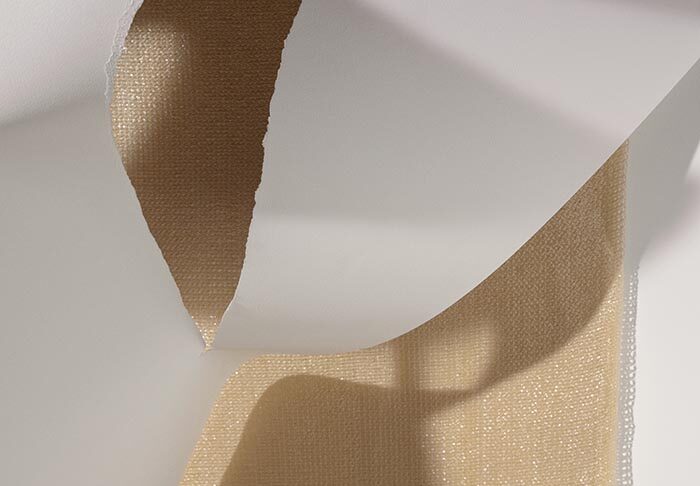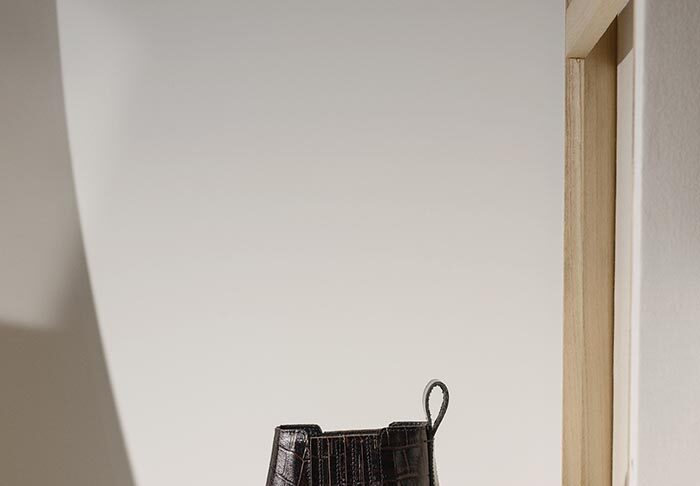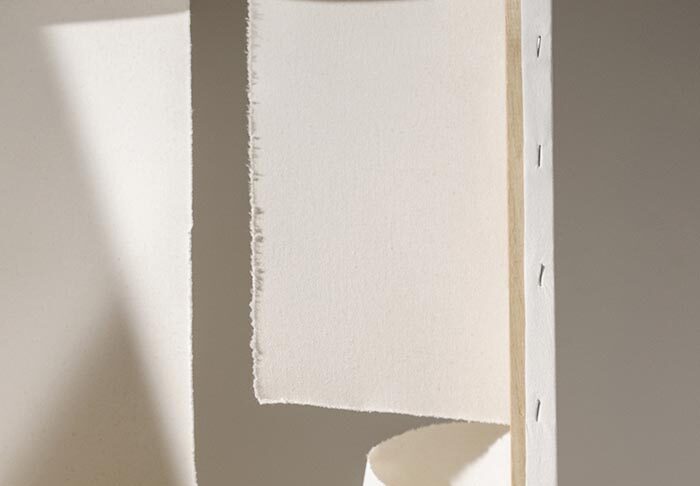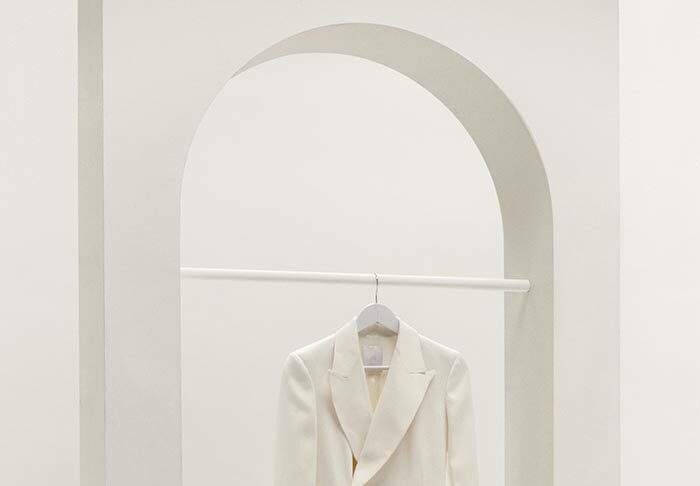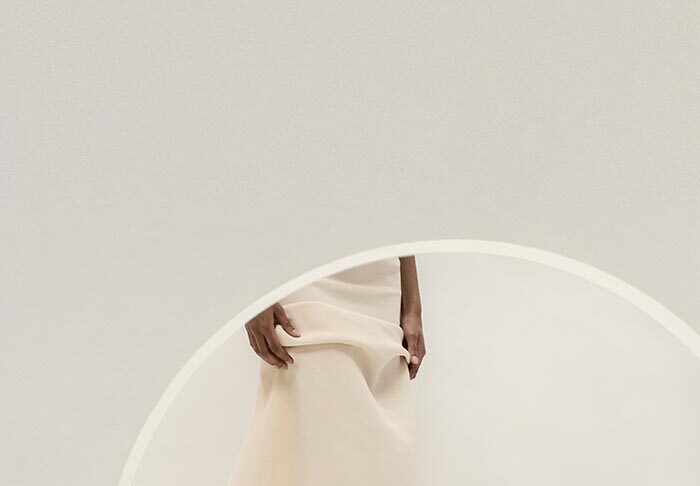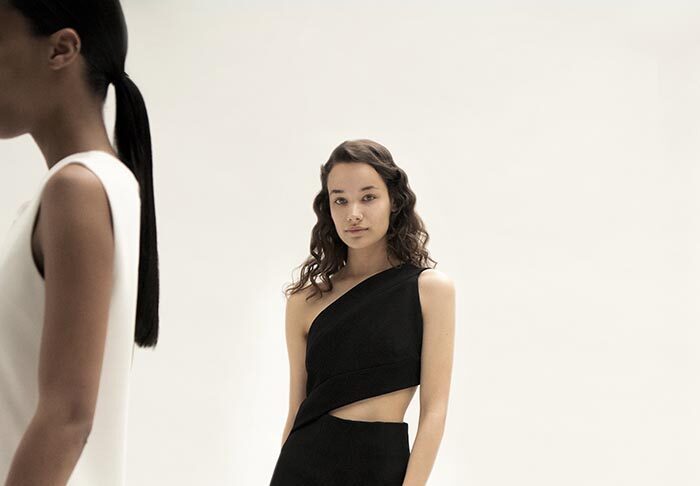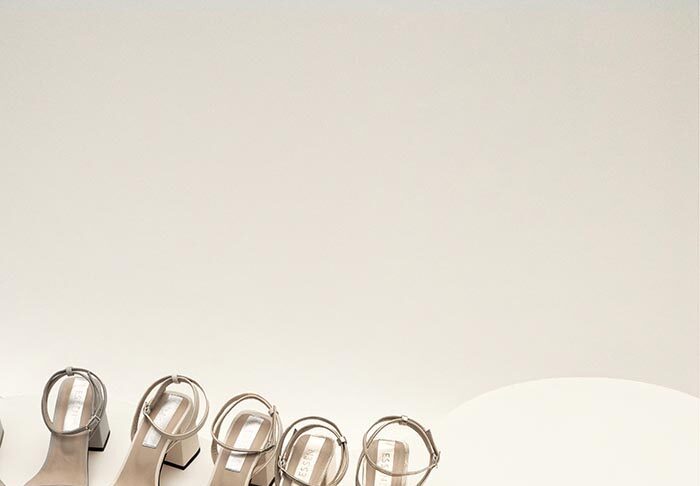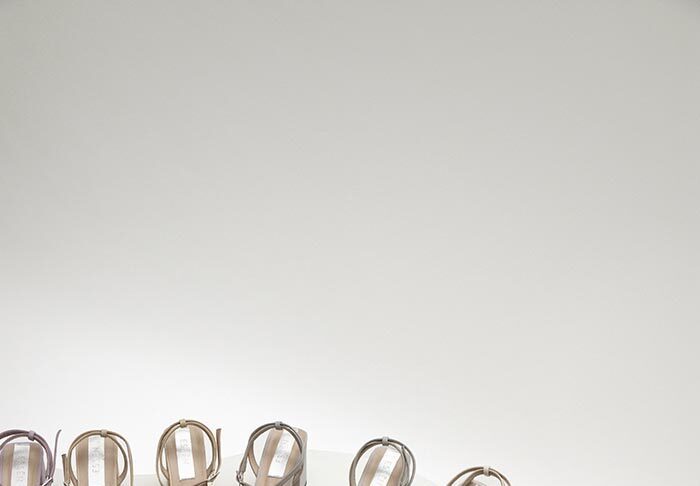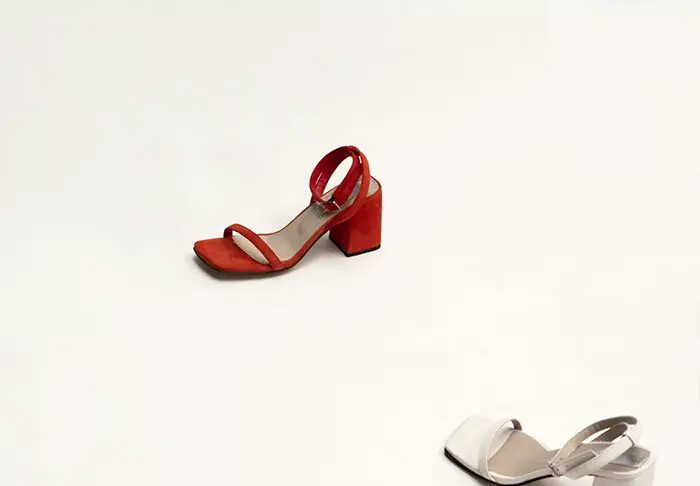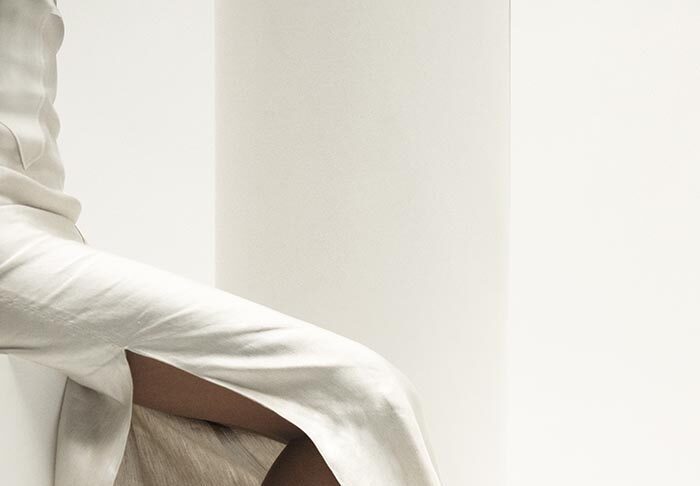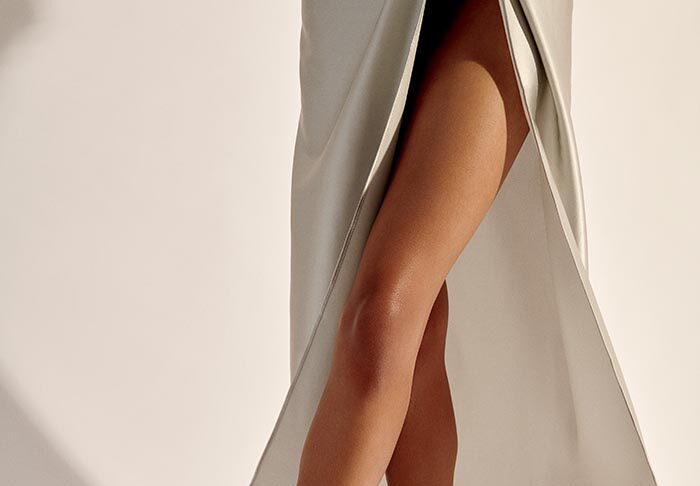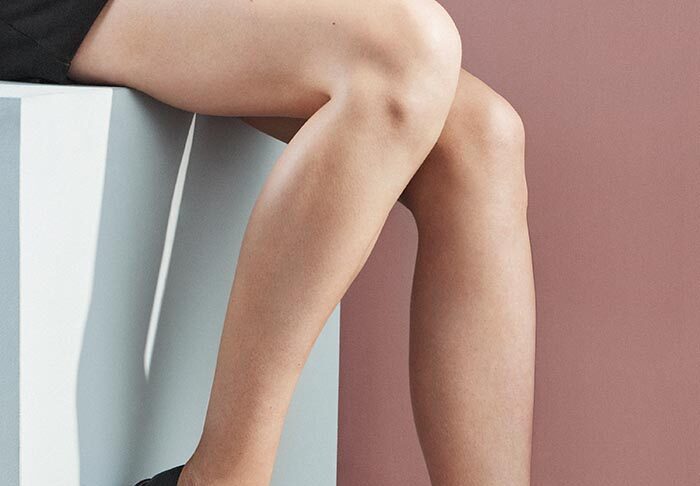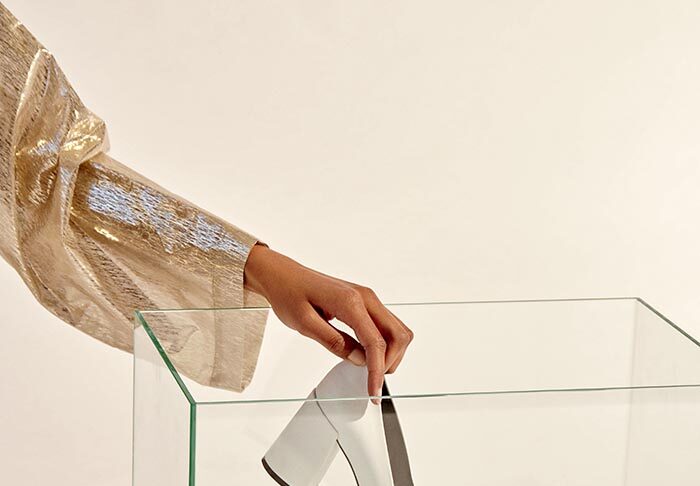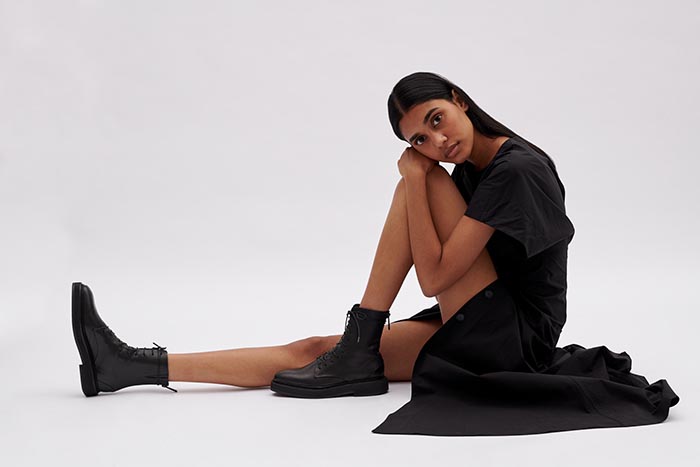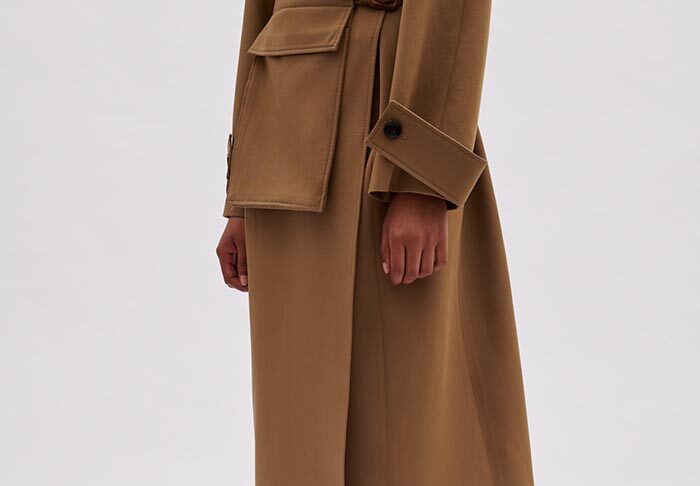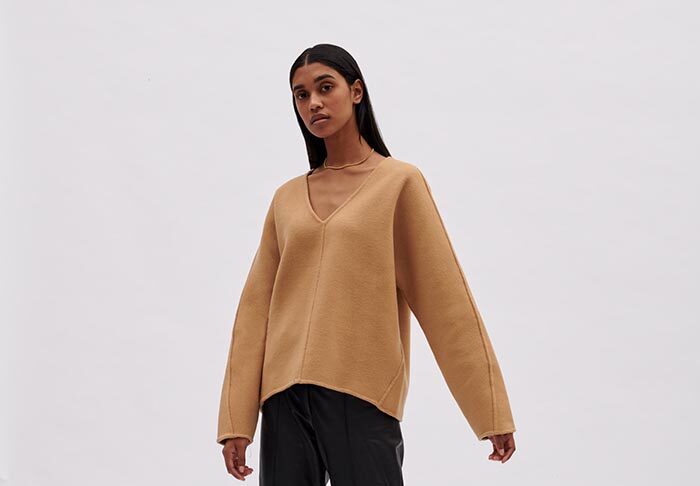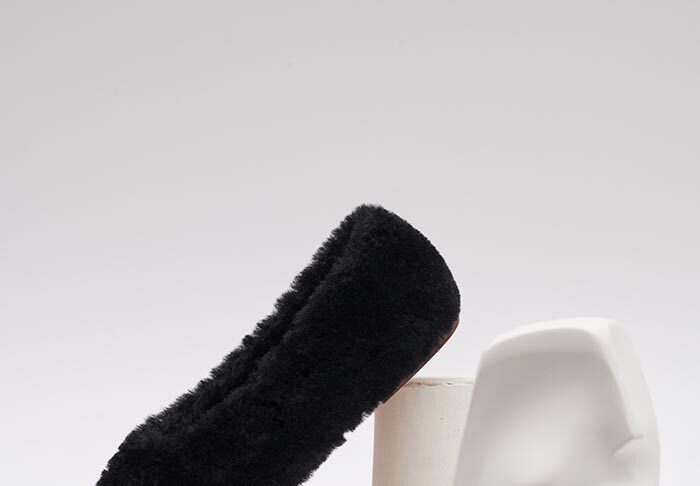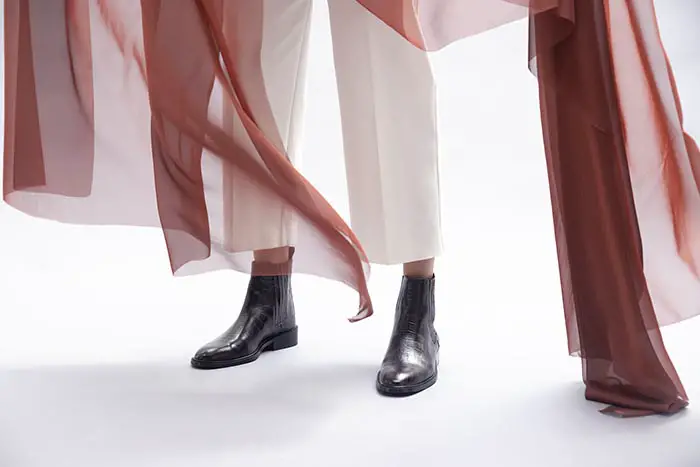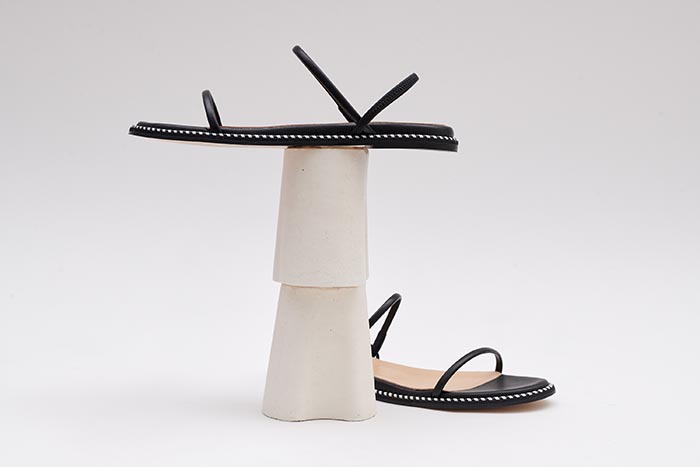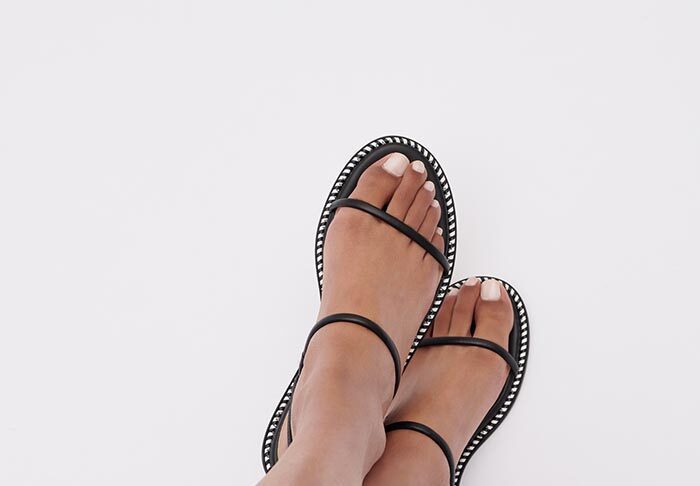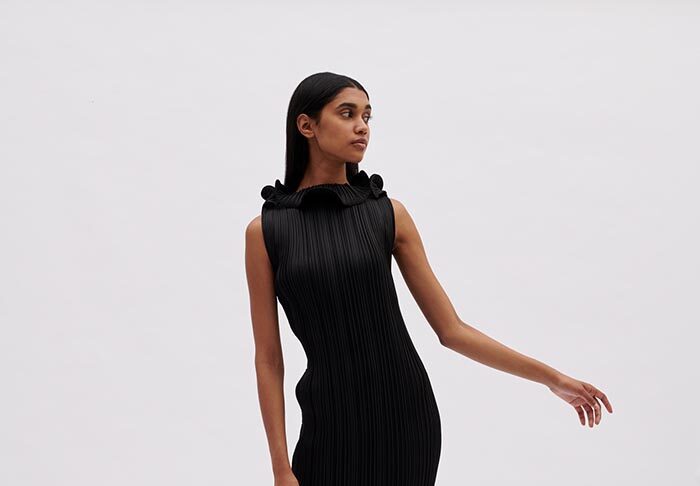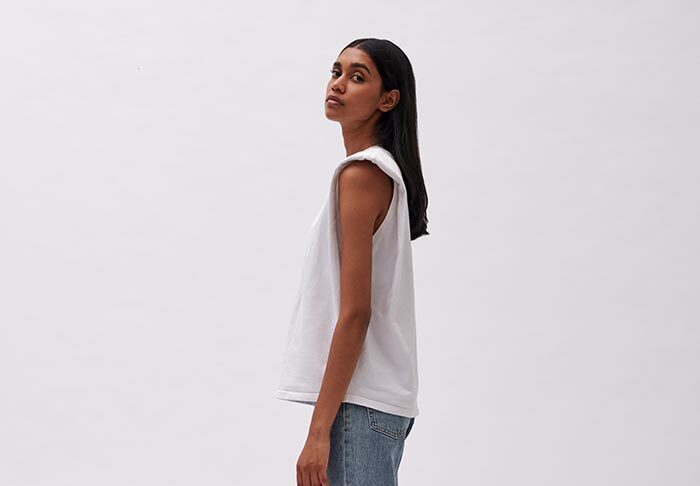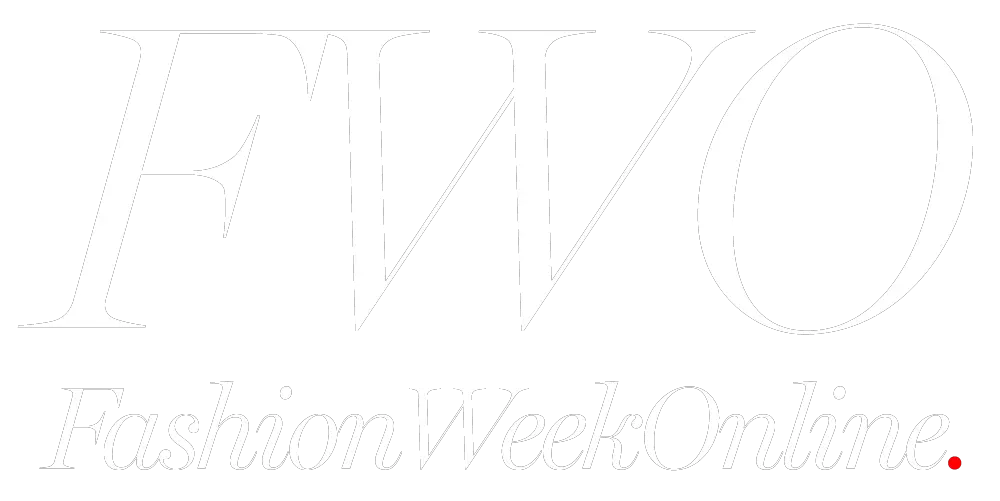Meet Marre Muijs, founder of sustainable footwear brand ESSĒN THE LABEL
Represented by In + Addition Communications.
ESSĒN THE LABEL believe that footwear is the foundation of a well-curated wardrobe and the bases of a great outfit. Shoes carry us, add height, alter posture and affect our confidence; the right shoes can empower us.
Inspired by women, ESSĒN THE LABEL combines the classic with the contemporary to create timeless shoes that you’ll wear and treasure for years to come.
Marre Muijs
ESSĒN collaborates with family-run factories, founded by experts in their craft, due to years of knowledge past down through the family in Portugal, Spain and Italy. ESSĒN THE LABEL shoes are made in small production runs, allowing the brand to take the utmost care when creating the styles, designing every detail to ensure lasting appeal – not focusing on a fashion calendar, resulting in a timeless level of sophistication. Neutral colours and the best quality leathers help ensure this.
Handcrafted by skilled artisans within solar-powered factories, and by only working with high-quality materials from low-minimum suppliers, Marre is able to reduce waste through small-batch production runs. Crafting the shoes from the highest quality Italian chrome-free aniline leather makes the shoes perfectly imperfect – showing subtleties, density and depths that vary beautifully pair by pair and celebrate the work of hands, not machines, bringing out the individual character of each set and quality known from the brand.
With the ethos of ‘Less is More’, ESSĒN THE LABEL encourages the buyer to purchase less and choose better. To magnify what is essential – the name ESSĒN comes from the word essential. Staying true to their namesake, ESSĒN THE LABEL wants their customer to consider what they need – nothing more, nothing less – and edit out the excess.
Q: How did you get into sustainable fashion and what’s your background?
I was born in the Netherlands and studied international Fashion Management in Amsterdam. This degree prepared me for the business side of the fashion industry and my early career spanned a variety of roles and directions, giving me insight into the various facets of the industry and ultimately, the foundations I needed to run my own business.
I’ve always loved the fashion industry, but I grew increasingly frustrated and creatively exhausted by the relentless cycles and seasons and endless pursuit of newness. I craved a slower pace and more conscious process. Despite working in the footwear industry, I could not find good quality, timeless shoes that were comfortable, ethically made and without the designer price tag. The industry was oversaturated with disposable and poorly constructed product and I needed to rethink how I was going to contribute to something that I loved, but in a way that aligned with my personal values.
So I launched ESSEN in 2016, which has enabled me to carve out my own path and not just follow out dated processes dictated by a traditional industry.
Even though sustainability informs everything I do, ESSEN doesn’t identify as a sustainable brand. I’m conscious of the contradiction between the current fashion industry, producing for consumption, and the concept of sustainability. But I’m committed to making better choices every day across the business to minimise the social and environmental impact and always improving to be the most responsible version we can be.
Q: Tell us about your business model?
My ambition is to create a footwear brand that upholds a more conscious pace and process and does no harm when it’s produced or when it’s consumed.
ESSEN is about versatile dressing so you can minimize what’s in your wardrobe. We offer a permanent collection of no-compromise pieces: timeless classics that are reimagined in new ways that feel chic without any effort. Moving away from trends and traditional seasons and not being focused on the fashion calendar allows me to take the time and utmost care when designing the shoes to ensure lasting appeal.
We believe it’s very important to work with local craftsman and celebrate their time honoured craft, producing in limited quantities or entirely on-demand, to only make what we need so we can minimize waste and overproduction.
Even our warehousing and distribution was very deliberately chosen to be near our factories so we can be responsive and minimize the total distance the shoes have to travel before arriving at the customer.
Q: What are the challenges you face?
Striving for sustainability and making responsible choices in a traditional industry is an ongoing challenge, but it’s so important to drive change.
It took a long time to change the mindset of my current manufacturing partners to not expect bulk orders upfront, but instead produce in small quantities or entirely made-to-order. For every partner I work with now, ten said no! But in order for change to happen, we have to take on the challenge and there are so many benefits to on-demand manufacturing, I truly belief it’s the future.
Q: Has Covid-19 affected the current landscape for smaller brands?
During the first lockdown last year, the fashion industry was forced into stillness for a moment instead of the relentless fast pace it usually operates in, and many brands have been reassessing if the current system serves them and makes sense anymore. Traditional businesses are feeling the effects of a change of attitude from customers who don’t really buy into the current fashion model and calendar anymore. This is making room for smaller brands that are taking risks and driving change, which is exciting.
Working from home has become the norm and we’re not socialising the way we used to; consumers are a lot more conscious about what brings them joy and what they want to reintroduce in their lives when this is all over.
Customers are also increasingly asking brands questions about where products are made and how sustainable their production is and using their money to demand improvement. Gen-Z are also pivotal in this shift. We have a generation of well educated, socially and environmentally-aware customers entering the market, who are willing to spend more for better quality and more sustainable products.
Q: How have you seen the sustainable market grow since you launched ESSĒN THE LABEL?
Absolutely, when I launched ESSEN sustainability wasn’t really part of the conversation and there weren’t many stylish or fashionable options around.
But from the beginning I was very focused on slow fashion, encouraging conscious consumption, timeless designs and producing responsibly. I’ve always tried to minimize waste in the design phase as well as during production and sales.
Now that public pressure on fashion to reduce its waste and carbon footprint is growing, spending on sustainability is rising too so that helps. There’s a new focus on the essentials, customers want quality pieces that last and transcend trends or seasons.
Q: How can more brands be sustainable?
The environmental impact of the fashion and textiles industry is one of the leading causes of climate change. As a designer it’s of course important to consider the longevity of your products and the materials that you use, but in order to make a business truly sustainable, the design process also relates to creating better systems and thinking about each part of the supply chain in a holistic way.
Transparency & collaboration are so important. Our industry is traditionally extremely competitive, but in order to become more sustainable and reduce our impact on the environment, it’s very important to share our processes, sources and makers so we create more demand for sustainable materials and ethical manufacturing.
Q: What does success mean to you?
Influencing people to consider their purchases better before buying, and choosing products that are well made and last a long time, thereby ultimately reducing their wardrobes and overconsumption.
And creating a financially viable business, built on the principles of sustainability.
Q: Working on any new pieces/projects at the moment?
This Earth Day (22 April) I’m launching a very special collaboration with sustainable jewellery brand Linden Cook, to raise awareness for the environmental benefits of on-demand manufacturing. I truly believe this is the future.
Q: What does the future of fashion look like?
I hope all brands make a commitment to sustainability so that it becomes the norm, and that more value-driven businesses will enter the market. People need to be able to rely on businesses to give them the right choices.
Ideally business will start separating business growth from production volumes by introducing different revenue streams and adopt near sourcing and on demand manufacturing practises. I believe we will see a shift to smaller boutique brands with niche audiences, who adopt a consumer first approach.
##
Learn More
With love,
FWO



